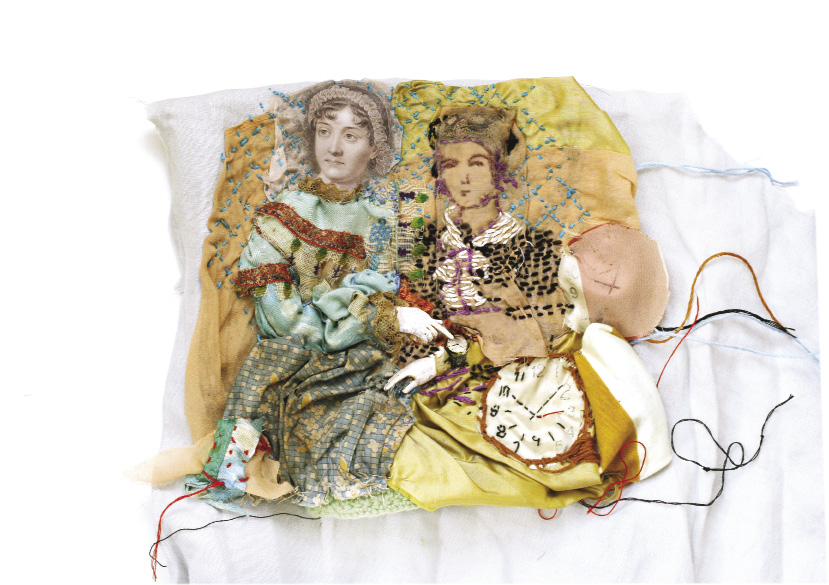
The path from “aspiring novelist” to “novelist” can be long, which no one understands better than me, a 51-year-old debut novelist. As an English major at Barnard in the 1980s, reading metaphysical poets and 18th-century novels, loving Chaucer and Bulgakov and Woolf and Mann and Joyce and Austen, literature was everything to me. I was at home in it as squirrels are at home in treetops, leaping from branch to branch with swift fearlessness and lack of thought. I had a way with words, and the assurance I was born to do remarkable things, like be a novelist.
Less auspiciously, I had an indifference to practicalities: how I would earn a living, what might take me from where I was to where I wished to be. I felt that time would answer these questions. It did, but not the way I expected.
I left New York soon after Barnard, even knowing that it was my true home, as much my destiny as being a novelist. It seemed a terrible place to be poor, and for an unconnected 22-year-old with dreams of writing, poverty was in the cards; I was practical enough to grasp that. I wanted to see more of the world, and I foresaw returning before long anyway, a published author.
What happened instead happens to many of us. Not all at once, but by degrees, in compromises each defensible and necessary—the need to eat, the social imperative not to be too odd, the human wish not to be friendless—adding up in time to something irrevocable. I wrote in fits and starts, wrestled with a mystery novel in my early 30s, but something was gone—my undergraduate remarkableness—and I knew it. Perhaps it had never existed at all?
Destiny takes odd forms, like a call from a recruiter at The New York Times in 2004. My undistinguished decade as a copy editor at a midsized regional newspaper had caught someone’s notice, though I still don’t know how. I was invited to send my résumé, to complete a take-home editing test, and later to come to New York for a tryout. Finally, I was offered a job.
Like me, the city had changed in the years between, but I saw it with the same romantic vision I had when I’d arrived from my tiny hometown to Barnard in the fall of 1984: the center of the world, full of possibility. At first I was too busy adapting to my new workplace and enjoying all that I’d missed even more than I’d realized—the art, architecture, tantalizing scraps of overheard conversations—to think about writing.
But then a stray notion, things I’d been reading, a sense of time passing, turning the age Jane Austen was when she died—fragments twitched, stirred to life. I had a strange idea for a novel, and the mysterious conviction that I could, had to, write it. But first, I needed to do some reading. A lot!
The public library had general-interest books; the reading room in midtown was great for rare, old ones. Yet for someone determined to read everything possible about Austen, an academic library was crucial. Returning to assert Barnard alumna borrowing privileges was a practical solution—but also surprisingly evocative. In the reassuring scruffiness of the library in Lehman where I’d once worked as a shelver, time fell away and I felt both old and young: undergraduate-remarkable, with the steely determination of a middle-aged journalist. I’d love to say the rest was easy; it wasn’t. I was at the foot of the mountain, but I had finally started up the trail.
— Illustration by Polly Becker
